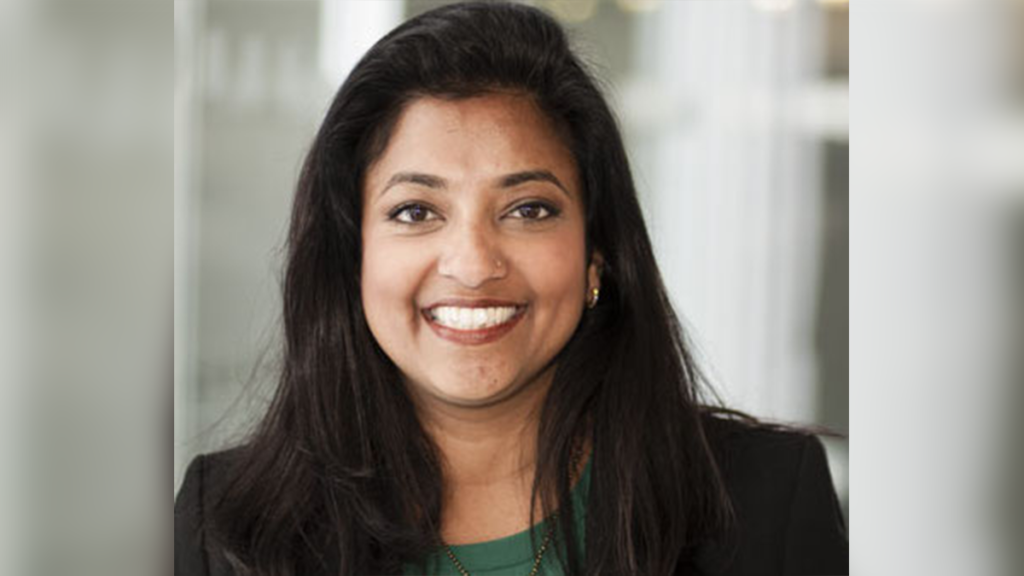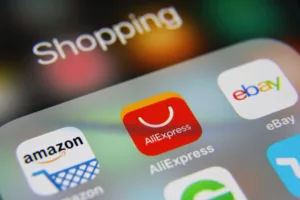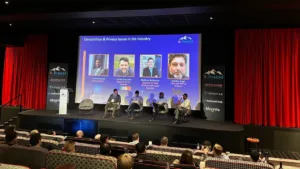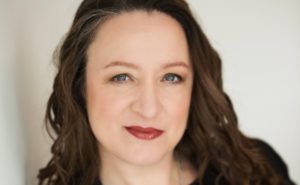By Supriya Dev-Purkaystha Commercial Director at ForwardPMX
We have all seen the harrowing images of the murder of George Floyd in Minnesota. Unfortunately, George Floyd is one of many members of the black community killed by the police. What did they all have in common? The colour of their skin.
It took me a long time to write this, because I am not a blackperson, and don’t want to offend anyone, or misrepresent an entire community. However, I couldn’t stay silent, as I believe that silence is a form of acceptance.
I won’t pretend that I fully understand how the black community is feeling right now, but being a Bangladeshi Hindu in the UK, (a minority within a minority) I do know what it’s like to be a minority, grow up with racism and having to continuously deal with the ignorance and biases that come with that.
But this is more than just about race, it is about basic human rights and everyone’s basic birth right to be treated fairly, equally and humanely.
Many of us living in the West are dealing with the cruel reality that racism is very much a truth today and not a myth of the past.
Why is it that despite repeatedly telling someone how to pronounce your name, they refuse to try or worse make fun of it. In an earlier role, one guy, younger and a direct report, would call me anything but Supriya. He’d call me “Shoop Shoop” (in the voice of Cher no less) or Super G, I think he thought it was funny. I went along with it, thinking that not reacting to it would take the fun out of it.
It didn’t, I was never comfortable with it, and despite me telling him my name was Supriya he never stopped. Maybe it was my fault for shortening my name to Sups (Shups with an invisible h like the one in my name) because previously employers and colleagues kept mispronouncing my name which I really didn’t like.
In secondary school I was constantly defending myself against both girls and boys who thought it was fun to name-call, taunt me and in some instances physically hurt me. I wasn’t the only POC in the class but I was the only Bengali and only my closest friends (3 white girls to be precise) would stand up for me, everyone else looked on, laughing most of the time. And when it got in to physical fights, some of them would root for me, simply because it would be cool to see a girl beat up a boy.
Who were these people? My aggressors. Why did they do it? simply because they felt they could. My guess is that they were exerting their hate and demonstrating their so-called privileges. Looking back their actions were rooted in their belief that they were superior and had the power to do as they chose without repercussions.
Worse still, there was nothing I could retaliate with, except the simple fact that I didn’t deserve it.
Its time those assumptions of privilege change, the narrative has to change, we all deserve to be treated as equal.
Being the ever optimist, I would hope that no-one is innately racist.
One thing is for sure, the unconscious biases we develop early in life, contribute to the way that we behave and make decisions about others. To be able to move forward as a society we need to address these unconscious biases and challenge our stereotypes. But more importantly we need to encourage and improve representation. By diversifying our workforce, at all levels, we can start to undo those deep-rooted stereotypes.
To improve representation, we need to begin with acknowledgement.
First and foremost, we need to acknowledge that the BAME community as a whole is under-represented in our industry, and our companies.
Only when we have acknowledged this can we get to work on recruiting a more diverse workforce. Which for those of you who are making a concerted effort in this area – hats off – you are miles ahead of the pack and will reap the rewards that diversity of thought brings to the business.
For those of you that don’t think you have a problem, let me share some stats with you
In agencies, BAME representation is approximately 13%. In contrast, according to the 2011 Census, the BAME community represents 40% of the total population in London, of which the black community make up approximately 40%. These are pretty big numbers and demonstrate the huge gap between what is, and what the representation in companies should be.
Why you are part of the problem
If you are based in London and the BAME representation in your workforce is under 40%, you are part of the problem, but more than that, you can be part of the solution.
To all the leaders and HR bosses out there, not receiving a racial complaint does not equate to racial equality, because most people are not overtly racist. Similarly, most people are not conscious that they have racial bias and unchecked this can weave its way in to decisions made in the workplace. If you do not have racial equality at the forefront of your policies, this alone signifies that you do not appreciate the differences amongst your workforce and therefore are not an equal opportunities employer.
Let’s be clear here, simply recruiting BAME talent is not the answer to the solution, although it is a step in the right direction.
In our industry, where BAME talent is massively are under-represented, when they finally do walk through the door, it is important to acknowledge them for who they are.
They are most likely to be younger than most others in the room and are also most likely to be the only non-white person in the room. This is a daunting prospect and one that may prevent them from fully participating, this can come across as lack of engagement, or worse, a lack of skill.
Many BAME people are likely to have had a very different upbringing to most of their colleagues. Many of us are first generation born in the UK and more likely come from less affluent backgrounds. I was born and raised in London, my dad was a chef and my mum worked in a factory, and we always had lodgers to make ends meet, so even a trip to MacDonald’s was a luxury, which were very few and far apart.
Some of us won’t understand all the jokes and references made outside of work speak as a consequence of the exposure we’ve had growing up regardless of our socioeconomic background. I’ve been in the industry for 15 years and to this day I still find it difficult to follow all the references to events and jokes past and present, so I play along all the while hoping they don’t figure out that I don’t have a clue. Then, the first chance I get, I look it up (on Google). But I’m never the youngest, often the oldest if the room, so have the benefit of experience, that many won’t.
For those of us who are climbing that very long career ladder, most have fought many battles to get here, and as with most battles, we have been left with war wounds, some of which will never really heal. Whether we like it or not we carry these with us wherever we go, and unacknowledged and unaddressed these wounds get deeper and sorer.
But how interested is anyone in learning about our past experiences? after all ignorance is bliss. We all know that what we learn from our past can help shape the future, but that can only happen when everyone is actively participating in shaping that future together.
So how can we support others?
We all need a support network
Someone we can talk to, who welcomes us and makes us feel at home.
Someone who will be a “fan” wanting us to succeed, telling us we can do it and motivating us every step of the way.
Senior buy-in is not only a plus, it’s imperative. We need you to tell us that we are as good as anyone else
We need to create a level playing field where everyone can compete and develop a true meritocracy
And how can we help ourselves?
We need to believe in our abilities and stay true to them.
We need to speak up and speak out about what we know is important and true.
We need to be a bit selfish and have the fight in us to reach our goals, fairly.
Call out micro-behaviours, these range from people not being able to pronounce your name to ‘banter’, it all matters and plays a part.
What we don’t want is moment in time reaction that is short lived, we want a change for real that outlives all events, but learning from the voices that have been raised in the aftermath.
I believe that change is possible but it will take all of us to work together to get there. This is not a call for just white people to change, this is a time for everyone to work together to realise a change for all.
So ask yourself how are you going to change things for the advancement of yourself and your colleagues?









